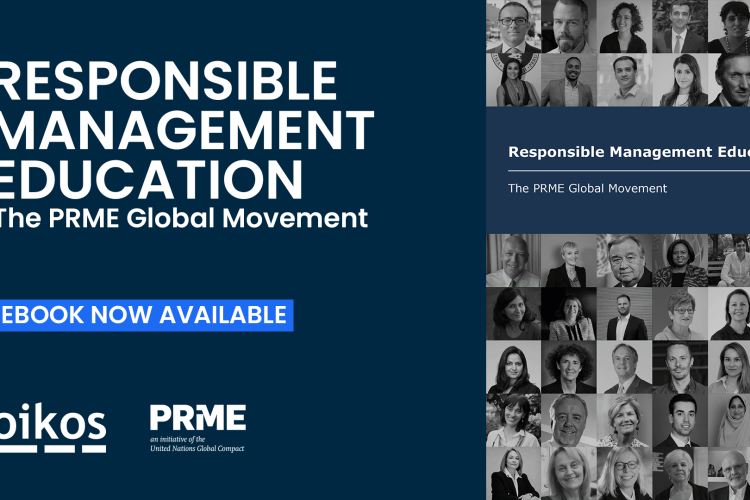Abstract
Timbaktu Collective is a non-profit organization in southern India, working for the sustainable development of rural communities with an emphasis on ecological principles and social harmony. One of the core areas of its work is with small farmers in the region who remained marginalized in a fiercely competitive market dominated by large players. Inspired by its success with organic farming and in collectivizing rural people Timbaktu Collective promoted a business enterprise for procuring, processing and marketing the organic produce of farmer-members in the district of Anantapuramu.
In 2008, Dharani Farming and Mutually Aided Co-operative Society Limited (Dharani) was started as a farmer owned, cooperative enterprise that procures and sells the members’ organic produce. This case discusses how Dharani not only developed external markets for small farmers’ organic produce but also articulated an ethical model of local production, distribution and consumption. For nearly a decade, Timbaktu Collective and Dharani have worked together to increase membership in the cooperative from only 70 in less than a dozen villages to 1800 in 35 villages in 2015. Dharani recorded net profit of over Rs 15 lakh in 2014-15, despite repeated droughts in 2014 and 2015. Besides financial benefits to members, land fertility had also improved substantially: acreage of certified organic land had grown from 80 acres in 2005 to 7500 acres in 2015. With a network of 246 retailers, bulk buyers and direct consumers, Dharani’s brand of products, “Timbaktu Organic” had also been firmly established in 40 towns and cities of South India
But Dharani’s operations had to expand significantly if they had to benefit all the farmer-members of the cooperative. For this Dharani has to (1) increase procurement of farmers’ organic produce from the current level of 300 tons to 1500 tons, (2) increase value of the procurement from Rs 1 crore to Rs 5 crore and (3) increase net profits from Rs 24 lakh to Rs 50 lakh. How could Dharani continue its growth as a business enterprise while remaining a socially responsible and ecologically sensitive, famer-owned cooperative?
[table id=145 /]



